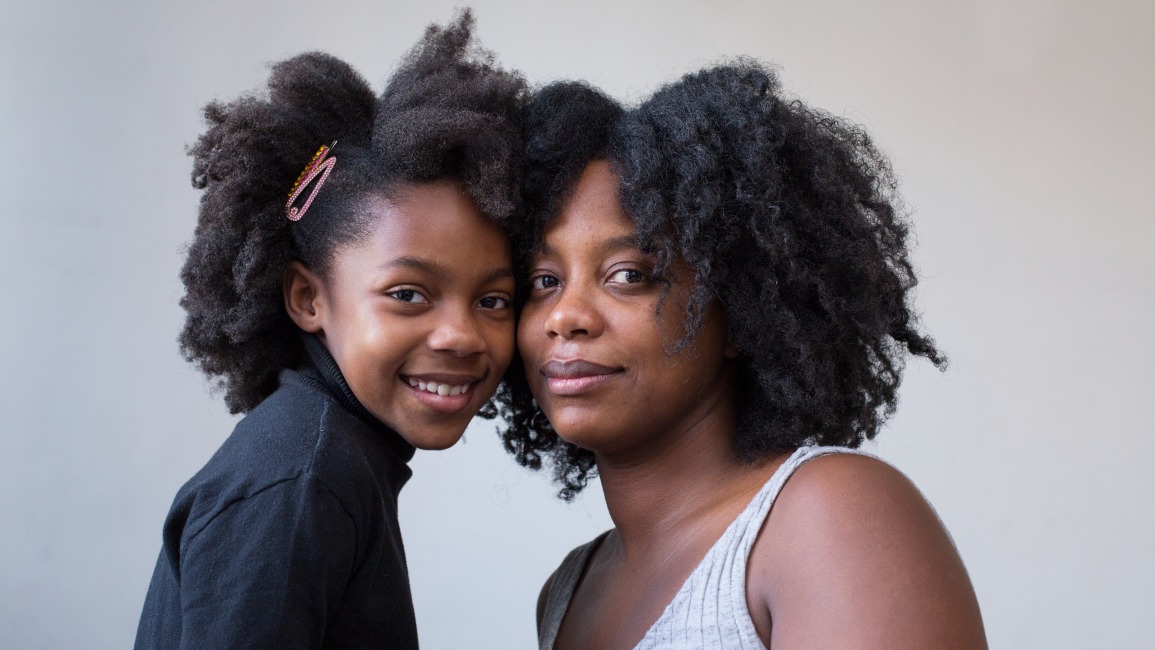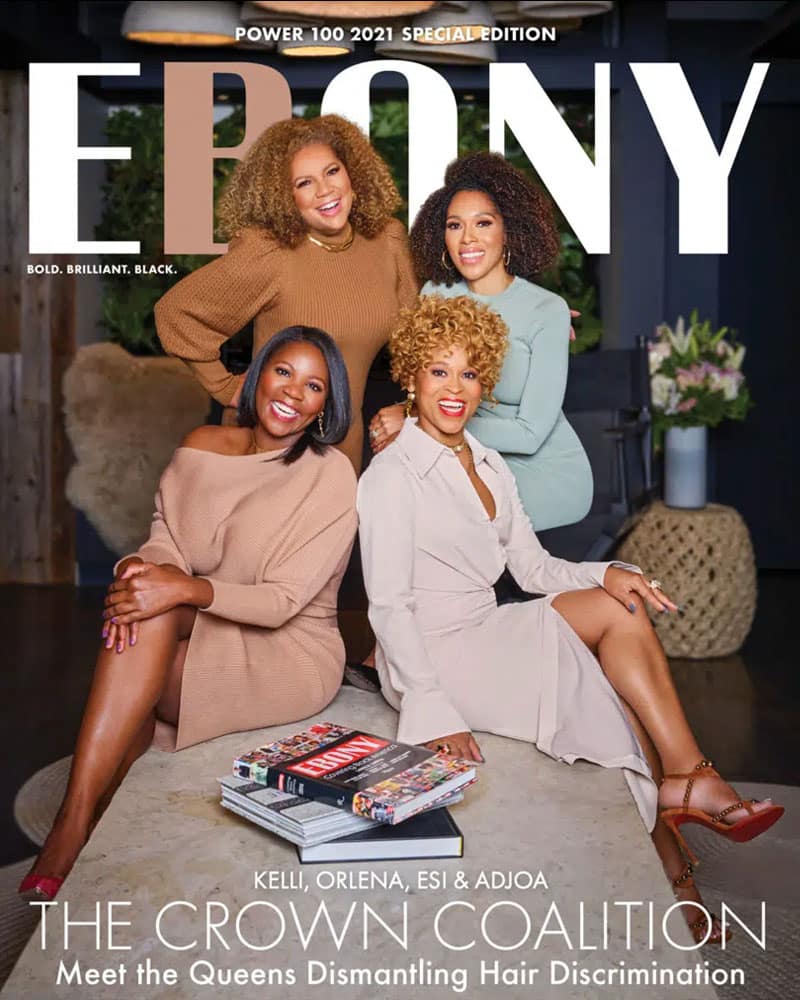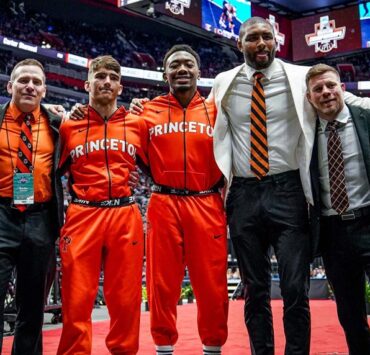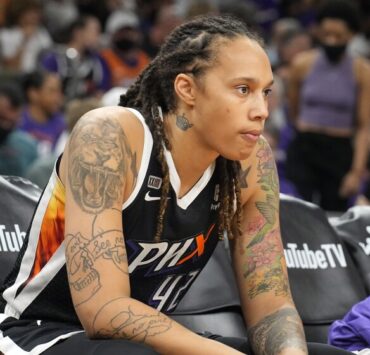

The CROWN Act, which is an acronym for Creating a Respectful and Open World for Natural Hair, was passed in the U.S. House of Representatives. The legislation will ban hair-based discrimination across the country. The resolution came after Massachusetts’ House of Representatives voted for the act to be passed to its state senate on Thursday. Last February, the CROWN Act, was put up for voting by House Democrats but failed to pass due to opposition from the GOP. However, the act was presented again this week under a rule that requires a simple majority vote.
Before the affirmative vote, many gave testimonies of their own experience with hair discrimination. One of the reflections came from Missouri State Representative Cori Bush: “As a Black woman who loves my braids, I know what it’s like to feel isolated because of how I wear my hair. This is the last time we say no more to Black people being made to feel like we have to straighten our hair to be deemed professional.”
In a summary reported by Bloomberg Law, “The House advanced the bill (H.R. 2116) with a vote of 235-189 on Friday, moving closer to legally clarifying that race discrimination doesn’t exclusively translate into adverse actions taken based only on a person’s skin color. The bill would bar discrimination against locs, braids, Bantu knots, and other hairstyles to make uniform the hodgepodge of state laws against this form of bias, as well as competing court rulings weighing in on bias against specific styles.”
The CROWN Act, which stands for Creating a Respectful and Open World for Natural Hair is one of the most important steps for equity within the Black community. In October 2021, EBONY highlighted founding members of the CROWN Coalition—Kelli Richardson Lawson, Orlena Nwokah Blanchard, Adjoa B. Asamoah and Esi Eggleston Bracey—and the work they have done to push this matter forward. The cover story noted that Black women are one and a half times “more likely to be sent home from the workplace because of their hair; that their hair is 3.4 times more likely to be perceived as unprofessional; and that 83 percent of Black women are more likely to report being judged more harshly on their looks than women of other ethnicities.”
For the entire article for to: www.ebony.com









